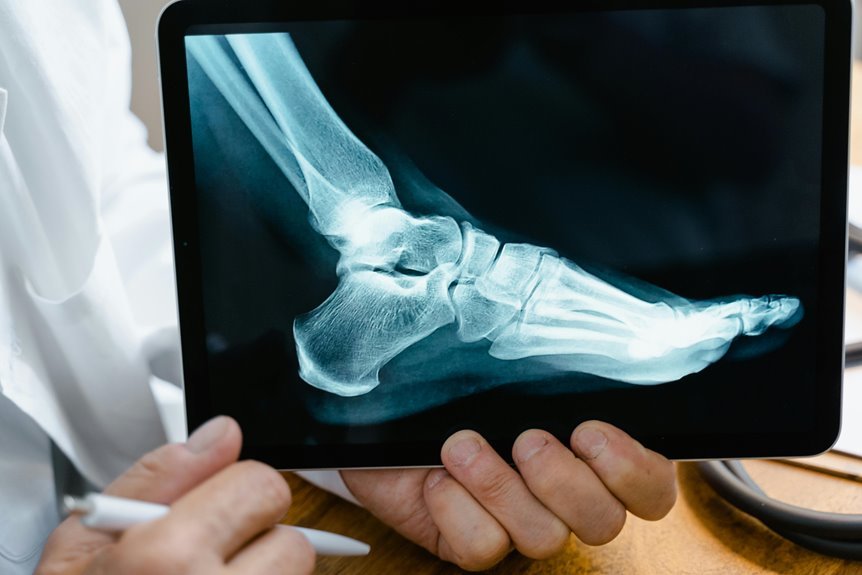70151516 Micro Helpline Adoption Analysis

The 70151516 Micro Helpline serves as a pivotal resource within mental health support frameworks. Its adoption analysis reveals diverse user demographics, indicating effective outreach strategies. Engagement patterns highlight the helpline’s role in crisis intervention and resilience building. However, the challenges of accessibility and inclusivity remain. Understanding these dynamics is essential for optimizing future initiatives. What insights can be drawn to enhance the impact of similar helplines?
Overview of the 70151516 Micro Helpline
The 70151516 Micro Helpline serves as a vital resource for individuals seeking immediate assistance and support.
Its effectiveness hinges on service accessibility, ensuring that users from diverse backgrounds can reach out easily.
The helpline employs targeted outreach strategies to connect with potential users, fostering awareness and utilization.
This comprehensive approach is essential for promoting independence and empowering individuals in need of guidance.
User Demographics and Engagement Patterns
Understanding the user demographics and engagement patterns of the 70151516 Micro Helpline reveals important insights into its reach and impact.
Analysis of user profiles indicates a diverse demographic, while engagement trends highlight varying levels of interaction based on age and need.
Such data emphasizes the necessity for targeted outreach strategies to enhance accessibility and foster greater user participation within the helpline’s framework.
Effectiveness and Impact on Mental Health Support
While various support mechanisms exist for mental health, the effectiveness of the 70151516 Micro Helpline stands out due to its tailored approach to addressing user needs.
This helpline enhances emotional wellbeing by providing immediate crisis intervention, integrating seamlessly into existing support systems.
Its focus on individualized care not only fosters resilience but also empowers users to navigate their mental health challenges more effectively.
Lessons Learned for Future Helpline Initiatives
Insights gained from the operation of the 70151516 Micro Helpline can inform the development of future helpline initiatives.
Implementing best practices such as user-centric design and continuous feedback mechanisms is essential.
Additionally, effective outreach strategies that target underserved communities can enhance engagement and accessibility.
These lessons highlight the importance of adaptability and responsiveness in creating impactful mental health support systems.
Conclusion
The 70151516 Micro Helpline exemplifies an unexpected convergence of user need and effective outreach, revealing a remarkable opportunity for mental health support. As diverse demographics engage with the service, the helpline not only addresses immediate crises but also fosters long-term resilience. This synthesis of feedback and adaptability underscores a crucial lesson: future initiatives must prioritize inclusivity and empowerment. Coincidentally, the success of this helpline could serve as a blueprint for similar programs, amplifying awareness and utilization across broader communities.




